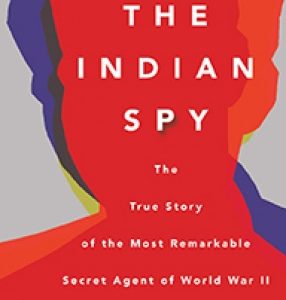
Aleph Book Company

107 books
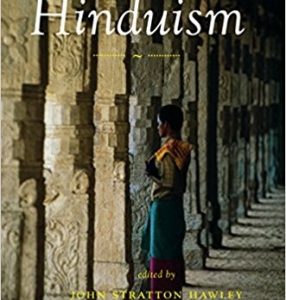
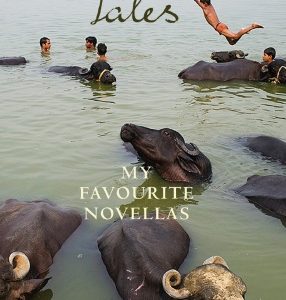
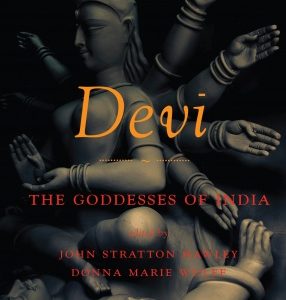
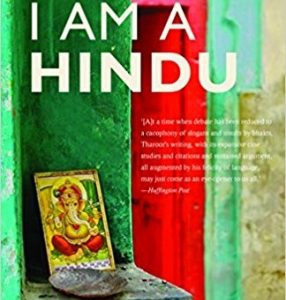
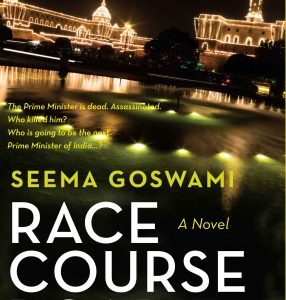
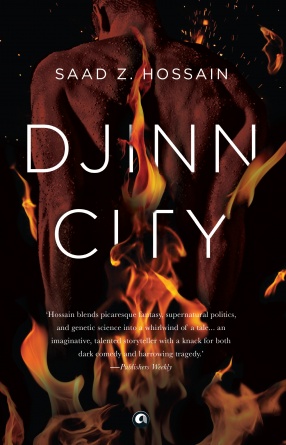
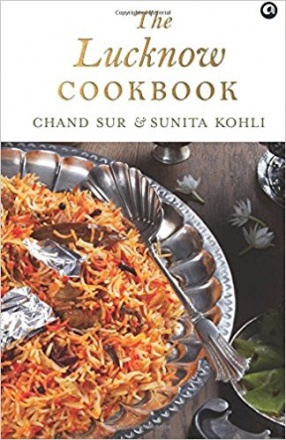
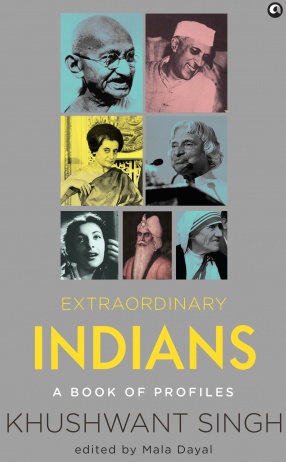
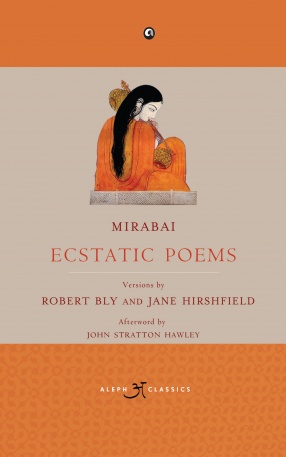
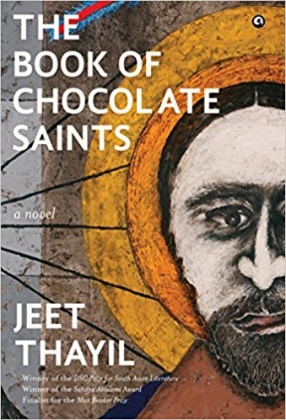
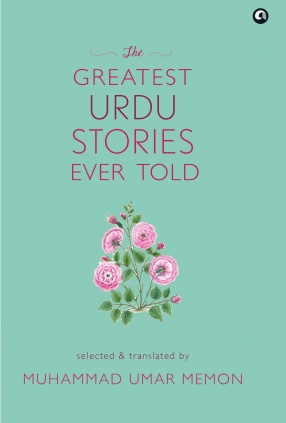

Bhagat Ram Talwar, a Hindu Pathan from the Northwest Frontier Province of British India, was the only quintuple spy of World War II, spying for Britain, Italy, Germany, Japan and the USSR. His exploits and the people he worked with were truly remarkable. His spying missions saw him walk back and forth 24 times from Peshawar to Kabul eluding capture and certain death. He fooled the Germans so successfully that they gave him £ 2.5 million, in today’s ...

The Life of Hinduism brings together a series of essays-many recognized as classics in the field-that present Hinduism as a vibrant, truly ‘lived’ religion. Celebrating the diversity for which Hinduism is known, this volume begins its journey in the ‘new India’ of Bangalore, India’s Silicon Valley, where global connections and local traditions rub shoulders daily. Readers are then offered a glimpse into the multifaceted world of ...
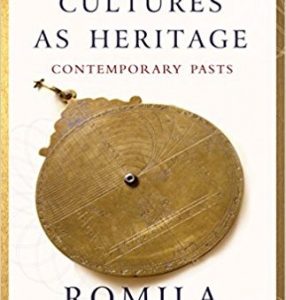
Every society has its cultures: the patterns of how people live and express themselves, and how they value objects and thoughts. What constitutes Indian heritage and cultures has been much discussed. Romila Thapar begins by explaining how the definitions of the concept of culture have changed since the last three centuries, and hence require added attention. Cultures when defined by drawing on selected items and thoughts from the past, remain relatively unknown, ...
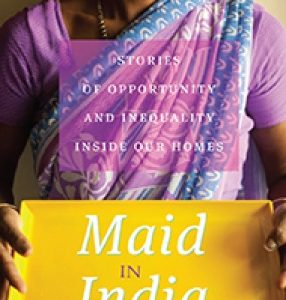
We eat first, they later, often out of food portioned out for them; we live in the front, they in the back; we sit on chairs and they on the floor; we drink from glasses and ceramic plates and they from ones made of steel set aside for them; we call them by their names and they address us by titles: sir/ma’am, sahib/memsahib…
Every year, thousands of poor, illiterate, unskilled women flock to Delhi from villages across the country to work as domestic ...

Unhurried Tales: My Favourite Novellas brings together, for the very first time, Ruskin Bond’s favourite (and finest) novellas. The stories in this book include Time Stops at Shamli (written in 1956 and published for the first time in 1987); The Blue Umbrella, which has been a bestseller for the last forty years; Angry River, which was a longer work when it was first written; Bus Stop, Pipalnagar; Night of the Leopard; The Last Tiger and Tales of ...

The monotheistic religions of Judaism, Christianity and Islam have severely limited the portrayal of the divine as feminine. But in Hinduism ‘God’ very often means ‘Goddess’. This extraordinary collection explores twelve different Hindu goddesses, all of whom are in some way related to Devi, the Great Goddess. They range from the liquid goddess-energy of the River Ganges to the possessing, entrancing heat of Bhagavati and Seranvali. They ...

In Why I Am a Hindu, one of India’s finest public intellectuals gives us a profound book about one of the world’s oldest and greatest religions. Starting with a close examination of his own belief in Hinduism, he ranges far and wide in his study of the faith. He talks about the Great Souls of Hinduism, Adi Shankara, Patanjali, Ramanuja, Swami Vivekananda, Ramakrishna Paramahamsa and many others who made major contributions to the essence of Hinduism. ...

In this extraordinary book, one of the world’s best known Zen Buddhist teachers uses Buddhist precepts to teach us how to find meaning in our jobs and deal with challenges in the workplace. The book’s emphasis is on how to use applied Buddhism in daily life. It shows us how to eliminate stress, adopt new models of leadership, doing business and mindful consumption, and tells us how we can move in the direction of achieving sanity and fulfillment in ...
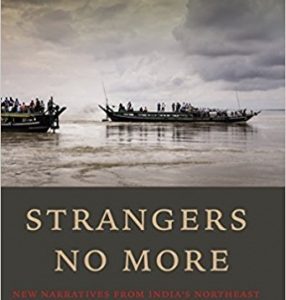
Over twenty years ago, Sanjoy Hazarika’s first book on the Northeast, Strangers of the Mist, was published to immediate acclaim. Hailed as an exciting, path-breaking narrative on the region, it has been cited extensively in studies of Northeast India, used as a resource for scholars and journalists and adopted as course material in colleges.
Two decades later, in his new book, armed with more stories, interviews and research and after extensive travels ...
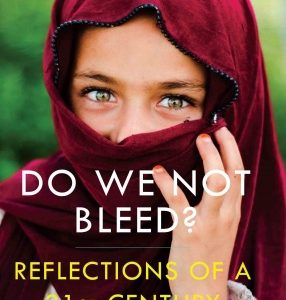
Do We Not Bleed? Reflections of a 21st-Century Pakistani is a passionate, illuminating book about contemporary Pakistan. Comprising original profiles of diverse Pakistanis-some of whom are internationally feted and many others who are relatively unknown-as well as essays that examine the major fault lines in Pakistani society, the book offers the reader an insider’s perspective on the state of affairs in the country today.
The book is divided into five ...
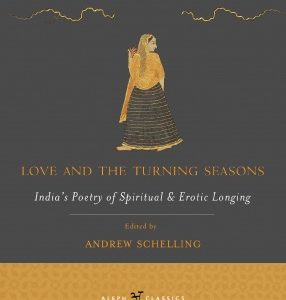
For thousands of years, the Indian subcontinent has proved a fertile ground for the world’s most captivating erotic love poetry, and the genius of its devotional writing harnesses great energy and mystical insight. It is in fact often hard to tell whether the poets are offering poems of spiritual longing using the garments of love poetry or writing erotic pieces in the guise of devotion. Perhaps, in a land where erotic sculptures routinely ornament its many ...

Set largely in the Prime Minister’s official residence, the Race Course Road complex, Race Course Road revolves around the aftermath of the assassination of a sitting Prime Minister and the battle for succession that ensues within his family, with the elder son and heir, Karan Pratap Singh, trying to fight off the challenge presented by his charismatic half-sister, Asha Devi.
As the search for the murderer continues, sex scandals surface, revelations about ...
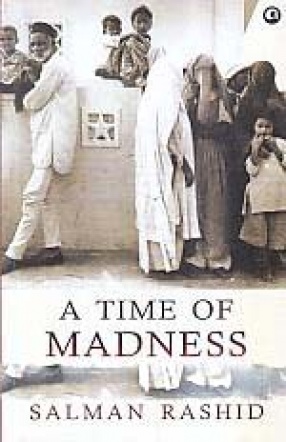

Indelbed is a lonely kid living in a crumbling mansion in super dense, super chaotic Dhaka. His father, Dr. Kaikobad, is the black sheep of their clan, the once illustrious Khan Rahman family. A drunken loutish widower, he refuses to allow Indelbed to go to school, and the only thing Indelbed knows about his mother is the official cause of her early demise: ‘Death by Indelbed’.
But when Dr. Kaikobad falls into a supernatural coma, Indelbed and his ...

Lucknow's famous Ganga-Jamuni tehzeeb-a melding together of influences-is seen in its art, architecture, dance and music. But nowhere is this tehzeeb better represented than in its food, redolent with the tastes of Turkey, Persia and Afghanistan, and infused with the flavours of Sindhi, Parsi, Punjabi, Nawabi, Mughlai and British food. When Sunita Kohli's parents, Chand and Inder Prakash Sur, first settled in Lucknow after having to leave Lahore following ...

How do we define nationalism?
Who is a good nationalist? Do you become anti-national if you criticize the government? These are questions that overwhelm most debates today, but these discussions are not new. And while the loudest voices would have us believe that Indian nationalism is (and has always been) a narrow, parochial, xenophobic one, our finest political leaders, thinkers, scientists and writers have been debating the concept since the early nineteenth ...

Extraordinary Indians is a collection of profiles of fifty eminent Indians (and one Pakistani) from a variety of backgrounds and professions. Published on the seventieth anniversary of India’s independence, it is intended to provide the reader with a glimpse of the kind of people who have made this country great.
Over the course of a long and prolific career, Khushwant Singh met and wrote about hundreds of people. The people in this book are those he ...

Mirabai is a legendary literary and spiritual figure. Born a princess in Rajasthan in 1498, Mira (as she is more commonly known) eschewed the marriage her royal family had arranged for her, celebrating instead her right to independence and intense devotion to Krishna in both her life and poetry.
In this collection, two acclaimed poets, Robert Bly and Jane Hirshfield, have created lively English versions of Mirabai’s poems, using fresh images and energetic ...

The long short story is a compelling literary form. Neither as brief as the classic short story nor as long as the novella, it is a piece of writerly art that can be read in a single sitting, yet allows the writer to properly explore setting, character, atmosphere and plot. In the hands of a master, ‘the long short’ is just the right length to provide an extraordinary reading experience - a story that you can sink into.
The authors represented in this ...

In incandescent prose, award-winning novelist Jeet Thayil tells the story of Newton Francis Xavier, blocked poet, serial seducer of young women, reformed alcoholic (but only just), philosopher, recluse, all-round wild man and India’s greatest living painter. At the age of sixty-six, Xavier, who has been living in New York, is getting ready to return to the land of his birth to stage one final show of his work (accompanied by a mad bacchanal). As we ...
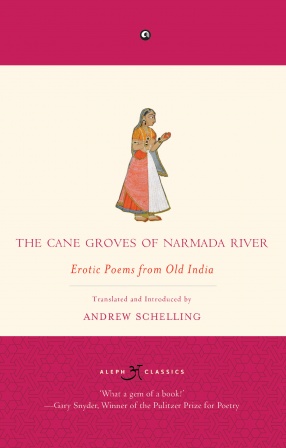
An exceptional selection of erotic poetry from ancient India, The Cane Groves of Narmada River features poems composed from the second century CE to the sixteenth century. Starting with several poems from the Prakrit anthology attributed to King Hala, the Sattasai, the book then takes in its sweep some of the most famous and enduring erotic poems composed in Sanskrit (and related vernacular traditions) by poets like Amaru, Bhavabhuti, Bhartrihari, Hemachandra and ...

Selected and translated by writer, editor and translator par excellence Muhammad Umar Memon, the twenty-five stories in this book represent the finest short fiction in Urdu literature.
In his Introduction, Memon traces the evolution of the Urdu short story from its origins in the work of writers like Munshi Premchand-‘the first professional short story writer in Urdu’-through the emergence of the Progressives in the late 1930s, whose writings were ...
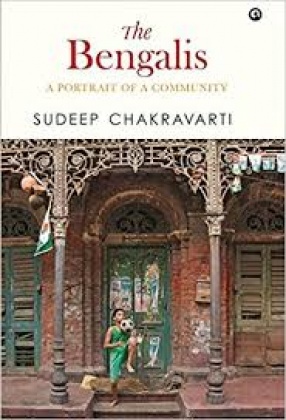
The Bengalis are the third largest ethno-linguistic group in the world, after the Han Chinese and the Arabs. A quarter of a billion strong and growing, the community has produced three Nobel laureates, world-class scientists, legendary political leaders and revolutionaries, iconic movie stars and directors, and an unending stream of writers, philosophers, painters, poets and musicians of the first rank. But, bald facts aside, just who are the Bengalis? What is ...
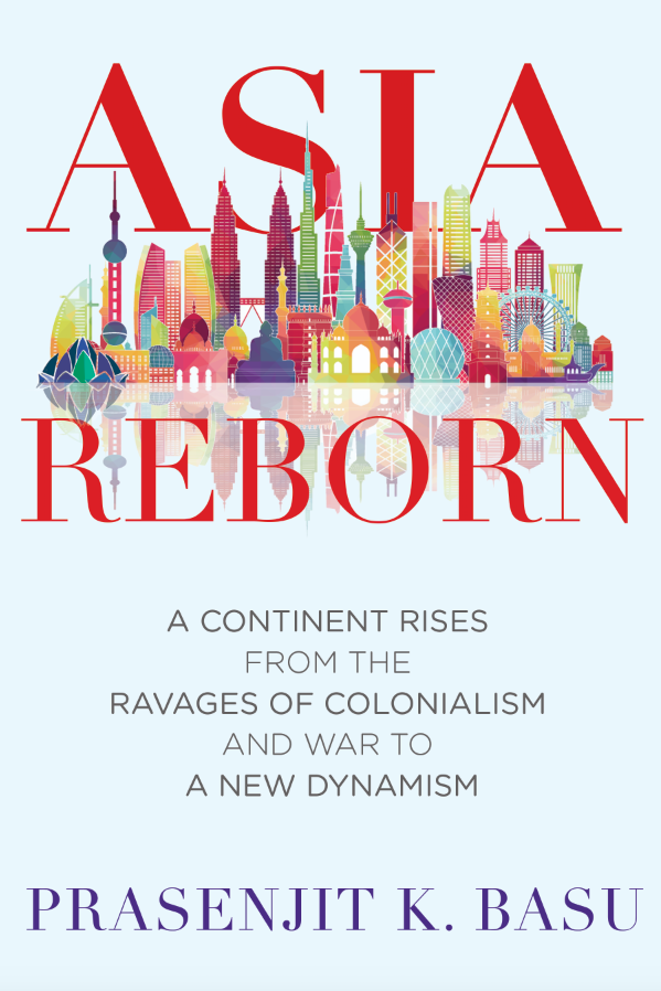
Asia Reborn unveils the story of Asia’s resurgence over the past century, cutting through the fog of Western narratives that have long obscured our view. In the first single chronicle of the modern economic and political history of the whole continent, Prasenjit K. Basu weaves together a compelling account of how Asia’s nations overcame European domination in the twentieth century-and its legacies of war and famine-to begin the long climb to economic ...
